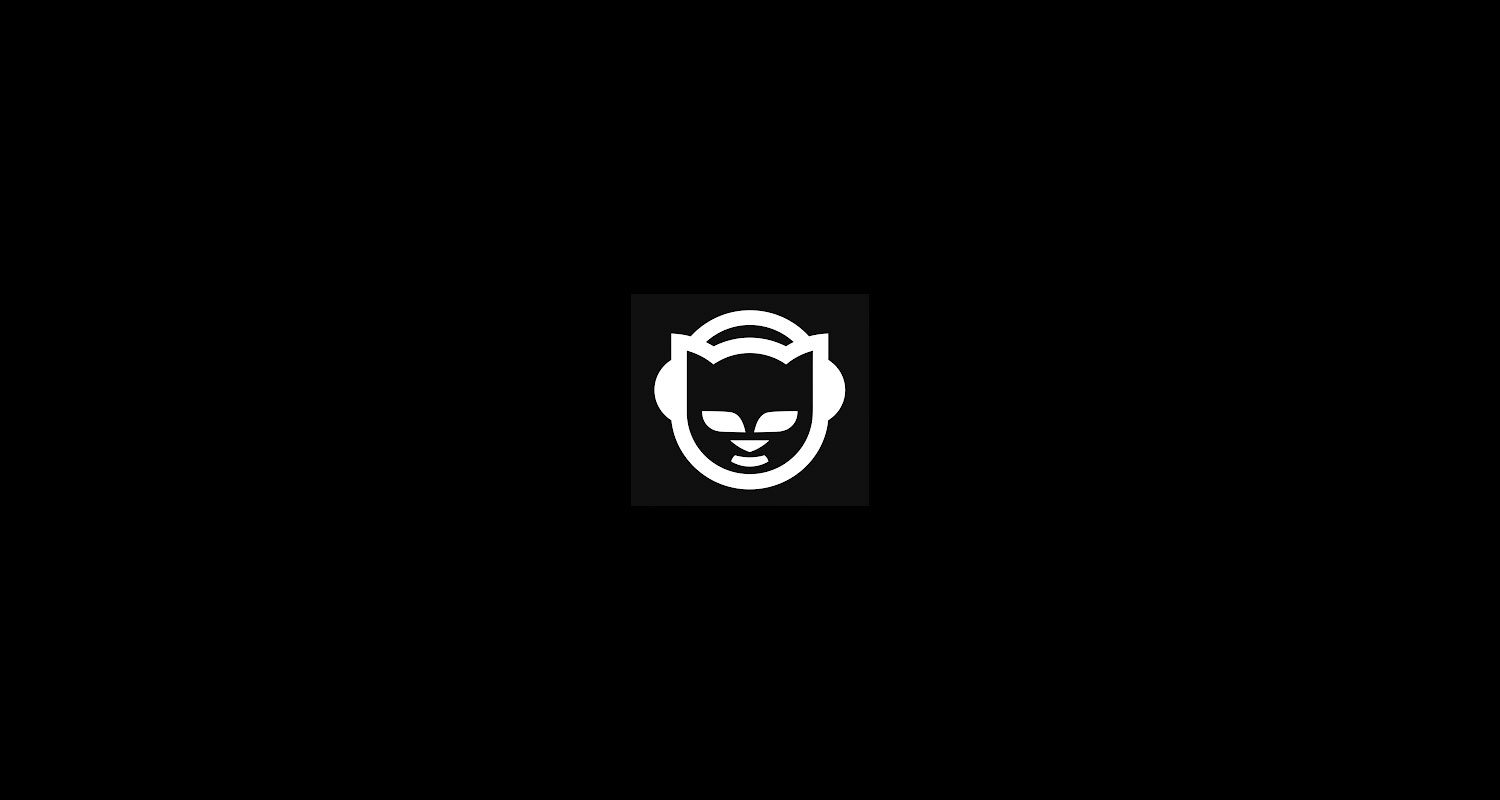 Napster, the brand that became synonymous with free music to a generation of consumers, plans to rebuild its business around cryptocurrencies and non-fungible tokens, even as demand for such assets has slumped.
Napster, the brand that became synonymous with free music to a generation of consumers, plans to rebuild its business around cryptocurrencies and non-fungible tokens, even as demand for such assets has slumped.
The streaming platform’s revamp is part of a take-private acquisition by Hivemind Capital Partners, former Citigroup executive Matt Zhang’s crypto venture. The UK-based company plans to launch its own token, $Napster, which music fans can use to buy tickets and experiences from artists on its new platform, said Zhang and Napster’s CEO, Emmy Lovell.
Napster’s move follows a similar rebirth by LimeWire and potentially pits it against crypto-native platforms such as OpenSea that are seeking new ways to expand in the digital area. NFTs, a form of digital collectible, soared in popularity last year — but demand has since faltered, with one in three such projects recording little to no trading activity after their initial launch. NFTs have also been a hotbed for copyright infringement fights, with high-profile lawsuits already emerging between music figures and speculators.
That hasn’t deterred Napster, which has gone through several guises and owners since it was first shut down in 2001 after being sued for copyright infringement. The company re-adopted the Napster name in 2016.
“Obviously it was completely illegitimate and there was a big backlash,” Lovell said about Napster’s early days in an interview. “But it does still continue to have the reputation of a disruptor and an industry innovator.”
Previously listed on London’s Alternative Investment Market since late 2020, Napster shifted almost all of its assets to a new private company in January, a process that valued the loss-making business at US$45.6-million. Napster reported revenue of £32.4-million for the first half of 2021 in its most recent publicly available filing. Spotify pulled in roughly €4.5-billion in the same period.
The new Napster platform will operate on blockchain provider Algorand’s network, Zhang and Lovell said, declining to provide a timeline for a full launch. Algorand and Brevan Howard Digital Assets, the crypto fund of British billionaire Alan Howard, were among the consortium of buyers involved in Hivemind’s acquisition of Napster, which closed in the first quarter for an undisclosed amount.
‘Lite paper’
With its new token, Napster plans to cater to music listeners, rights holders and artists, hinting at future services including live music experiences and merchandise sales in a so-called “lite paper” published on Wednesday. Products will be limited at launch because the project is still in an early stage, Zhang said.
While the supply of $Napster tokens is set to be capped at 10 billion coins, Zhang said the figure was “meaningless” until further decisions are made on how the token will operate. The coin will be managed by the Napster Innovation Foundation and will offer rewards to stakeholders, denominated in $Napster. Eventually, holders of $Napster may also be given a say over how the business is run.
Zhang acknowledged that while launching a token is easy, some coins are brought to the market without much thought about what’s next, whether they’re sustainable or add any real value. A bout of selling fuelled by monetary tightening by central banks and a string of high-profile crypto blowups saw bitcoin plunge almost 70% from its record high.
“Despite the short term volatility in the market, personally, I remain very, very optimistic about how this actually will bring a real use case and enduring value, and actually bring a paradigm shift to many sectors,” he said. “Music is going to be one of them.” — Emily Nicolle, (c) 2022 Bloomberg LP




